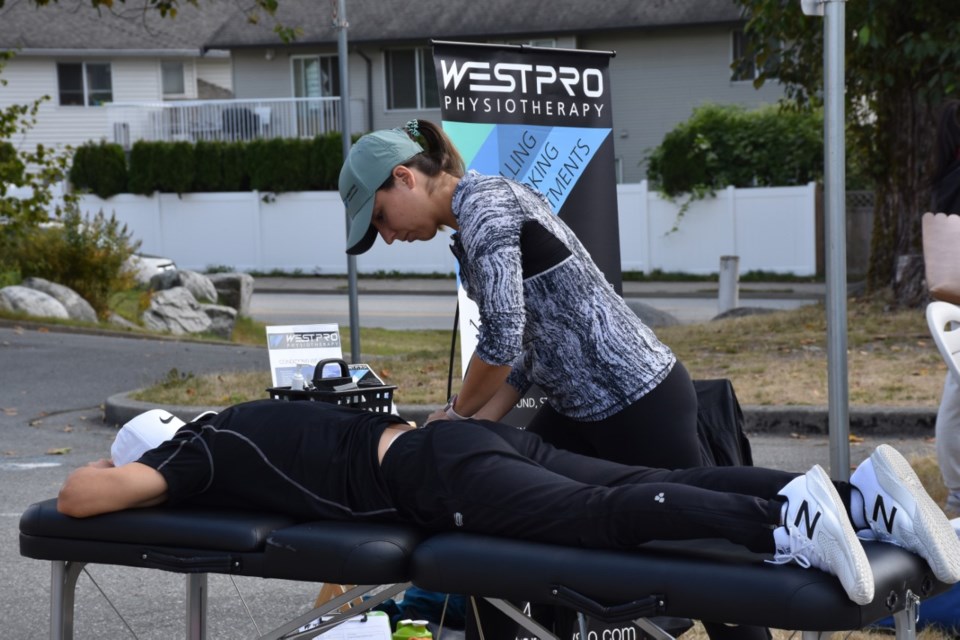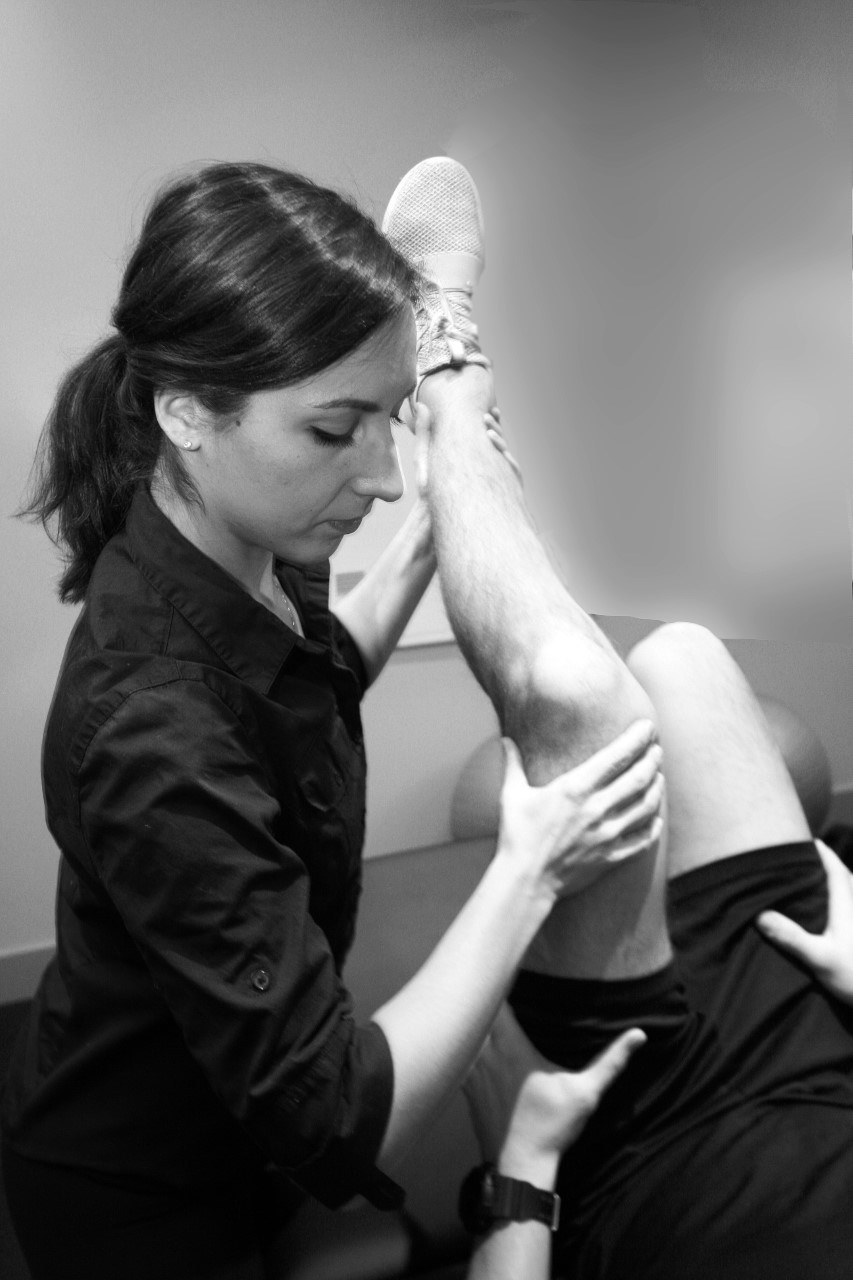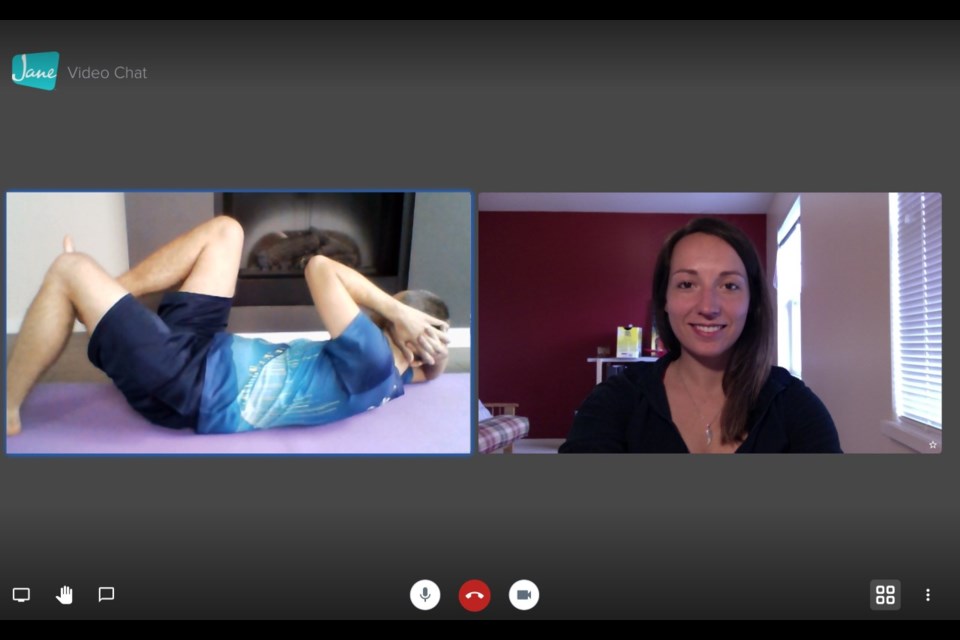How have you been affected by the coronavirus outbreak? We want to hear your questions, stories and concerns. Here’s how you can get in touch.
A Port Moody physiotherapist is sounding a warning as several high-profile insurance companies deny or limit coverage to patients amidst the COVID-19 crisis, including police officers, hospital administrators and nurses on the front lines of the pandemic.
“These are the individuals who most need us right now,” said Adina Diaconu in an interview with The Tri-City News.
Diaconu and her business partner and fellow physiotherapist Leah Sheufelt run WestPro Physiotherapy off St. John’s Street. Pre-pandemic, the two did a mix of hands-on rehabilitation work and education. But since the COVID-19 outbreak, they have shuttered their business in an effort to maintain physical distancing with their patients.

Like many family physicians in the Tri-Cities, the two physiotherapists have worked to migrate their patients to virtual consultations.
“We can give advice on [at-home] exercises,” said Diaconu. “If someone is not sleeping well, they can help them with sleep position, sleep hygiene. Little suggestions that will help a person’s life overall.”
The consultations fit in with a care model that blends patient well-being in both body and mind.
“We not only treat any physical injuries but everything around offering advice around how to manage stress,” said Diaconu.
The problem, said Diaconu, is that some of the biggest extended care insurance companies like Pacific Blue Cross — which serve frontline health-care workers — stalled in offering coverage for the virtual sessions known as Telehealth.
A spokesperson for Pacific Blue Cross — which covers several health-care workers at places like Eagle Ridge Hospital and Fraser Health — wrote in an email to The Tri-City News that it has since added coverage for virtual consultations until June 24. However, it only applies to existing patients.
Many of their clients include nurses, but others work in administration, an essential service position vital in running the health-care system. Whether because of long, hard hours at the hospital, breaks in rehabilitation routines or uncomfortable conditions, patients are already coming to them telling them they are in pain, said Diaconu.
Further, WorkSafeBC told The Tri-City News it will not cover new claims for virtual consultations.
“If we’re not allowed to do an initial assessment, we can’t treat them,” said Diaconu, pointing to the case of a health-care worker at St. Paul’s Hospital who sprained her ankle at work and hasn’t been able to access to coverage for a virtual consultation.

Another extended health insurance company, Green Shield, hasn’t provided any coverage for virtual consultations, according to Diaconu. The company, which covers several members of the Vancouver Police Department who are also Port Moody residents, did not respond to The Tri-City News in time for publication.
“[They] are still working and are not able to do the online physio classes because they’re being told their insurance doesn’t cover it,” said Diaconu.
“We’ve done our best to set these clients up for success, to give them their own home exercises. But at a certain point, there needs to be some checkup. It’s hard to do that pro bono. It’s our business too.”
Beyond figuring out the basics of how patients will pay, the outbreak has put the physiotherapists into the difficult position of choosing between financial survival and the moral obligation they feel towards their patients.
“[The Canada Emergency Response Benefit] forces us to choose between helping some of these clients or getting the $2,000 [a month] that was promised. If we do see these clients — only one or two — we’re not eligible,” said Diaconu.
“It’s difficult to decide what is right — to help those people or get paid.”
To make matters worse, Diaconu said the landlords are not budging on decreasing or deferring their rent, putting them in a difficult place both as physiotherapists and business owners.
If the big extended-insurance companies and WorkSafeBC act to fully cover virtual consultations, Diaconu said they could help keep physiotherapists afloat at a time when their clients, and especially the frontline workers, need it most.
“Nothing happens over night. I appreciate everyone is working hard,” said Diaconu. “But extended health companies need to acknowledge this.”
Read more of our COVID-19 coverage here.



